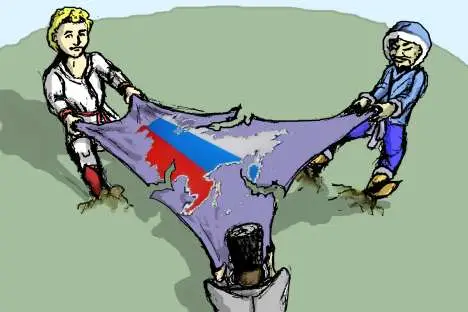(Journal Article) (“Russia and Eurasia: October 2012″) Central Asia was, before the Russian Revolution, and is again since the Soviet collapse, imagined as critical to world politics. This, after all, was the land of the legendary “Great Game,” the field where imperial Russia tried to push its influence southward and the British Empire sought to expand to the north. Alexander Cooley, a contributor to these pages, has written that Central Asia is once again host to a “new Great Game,” only this time the contestants—Moscow, Beijing, and Washington—are, in their competition for geostrategic influence, manipulated to their hosts’ advantage, furthering Central Asian state sovereignty. Cooley is right: Today’s great powers have been quick to cut financial, military, and political deals with Central Asia’s autocrats. Moscow is keen to maintain some impression of the Soviet footprint in Russia’s “near abroad.” Beijing sees in Central Asia abundant natural resources to fuel China’s growing economy. And Washington prizes Central Asia’s air, rail, and road links to Afghanistan. That said, the external aid that flows to Central Asian leaders as a result of their privileged geopolitical positions is insufficient to stem the growing internal challenges these leaders face at home. Central Asia, the land Sir Halford Mackinder dubbed in 1904 the “geographical pivot of history,” is wobbly.
See the full article here and the journal here © 2012 Current History, Inc.
Shared with permission from:
Current History (747, October 2012)
© 2012 Current History, Inc.









